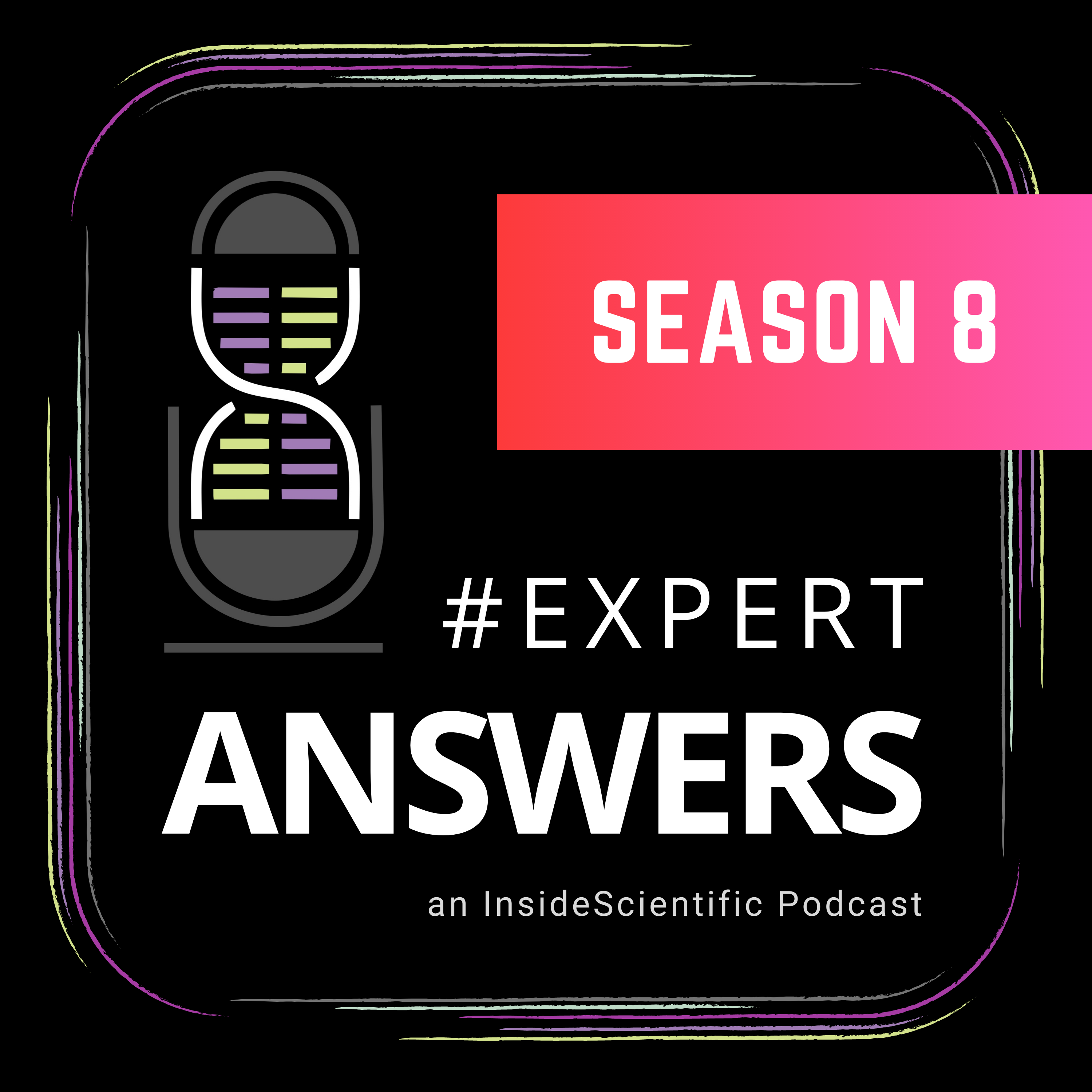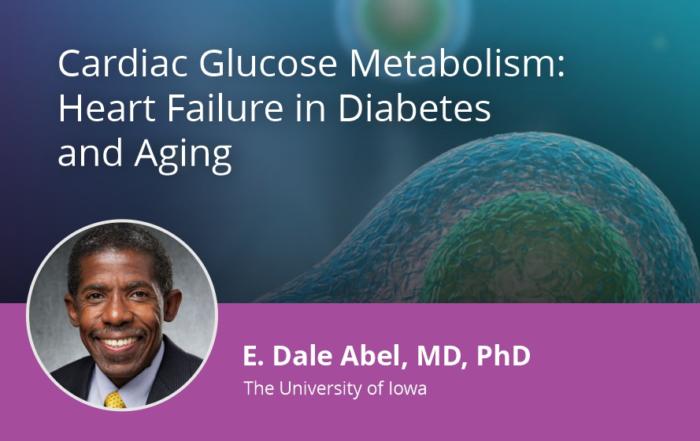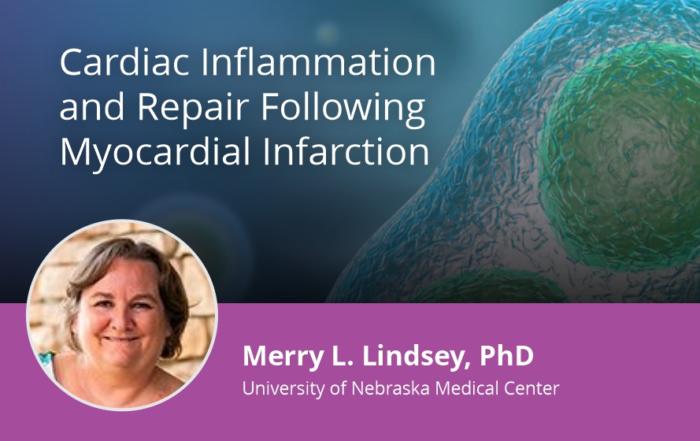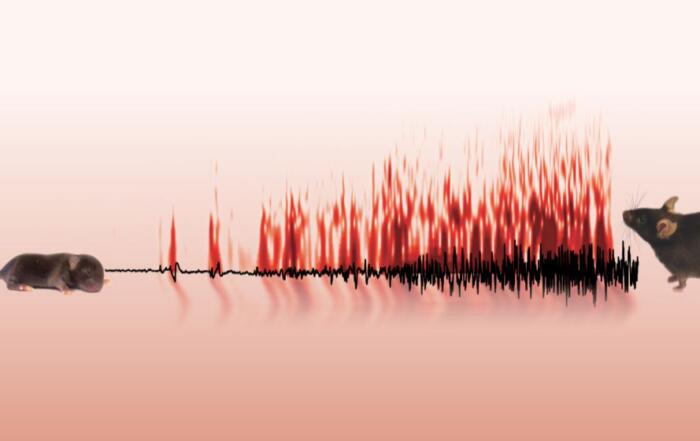During this webinar, Dr. Matt Kaeberlein provides an overview of translational geroscience, which he believes will become the paradigm for the practice of medicine in the 21st century. He also discusses his recent work with one such intervention, the drug rapamycin, and its potential to enhance healthspan in companion dogs and people.
Biological age is the greatest risk factor for nearly every major cause of death and disability, including COVID-19. Yet, traditional biomedical research and clinical approaches have generally focused on waiting until people are sick and treating individual diseases one at a time. Attempts to cure age-related diseases have proven unsuccessful, and the impact of “disease-first” approaches continue to be incremental. Recent advances in understanding them mechanisms linking biological aging to disease, or geroscience, have identified interventions that directly target the molecular hallmarks of aging. Unlike disease-specific approaches, such interventions have the potential to prevent multiple diseases of aging simultaneously, thereby greatly enhancing healthspan and lifespan for most individuals.
Key Topics Include:
- Aging is a biological process that is under the control of both genetic and environmental factors
- The biological mechanisms of aging are becoming better understood and can be formalized as nine “Hallmarks of Aging”
- Several interventions have been identified that slow or reverse biological aging in laboratory animals
- The drug rapamycin increases lifespan and reverses several functional declines associated with aging in mammals
Resources
To retrieve a PDF copy of the presentation, click on the link below the slide player. From this page, click on the “Download” link to retrieve the file.
Presenters
Professor
Laboratory Medicine and Pathology
University of Washington











